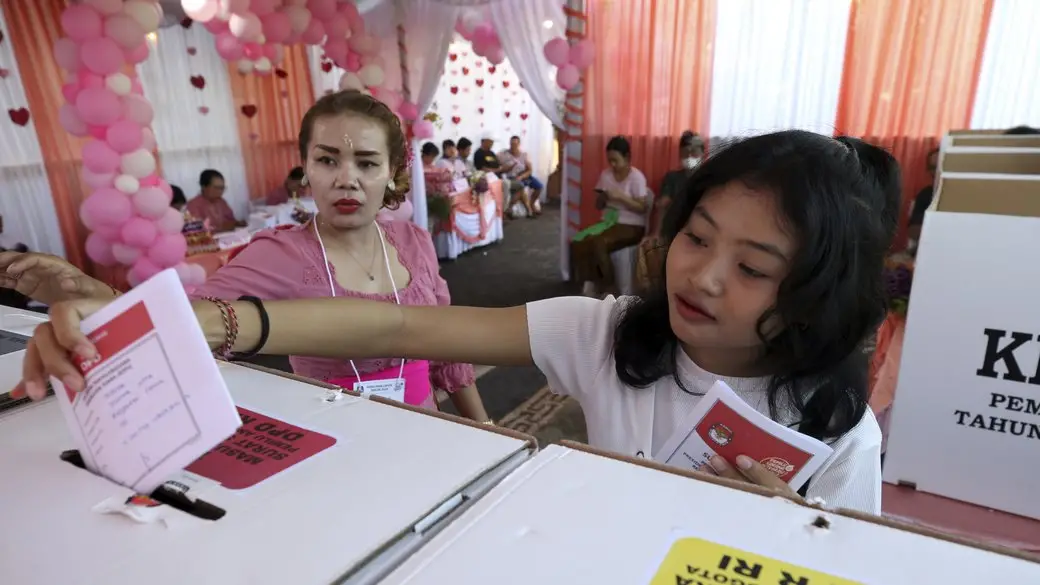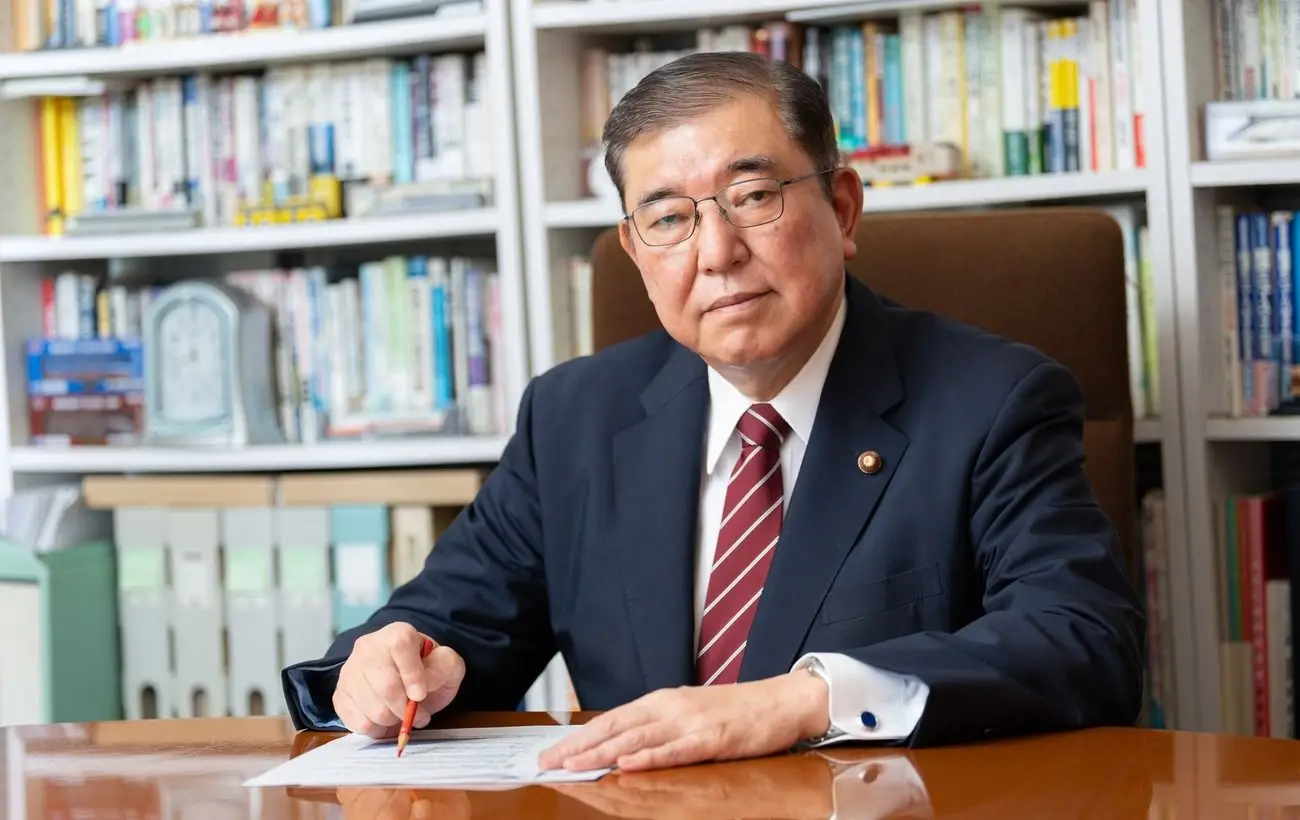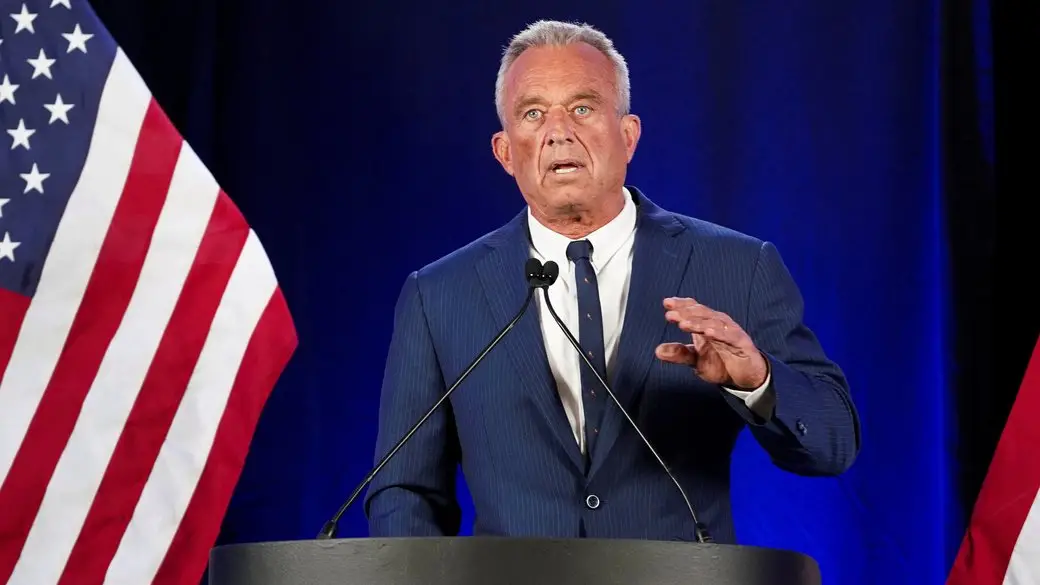The former son-in-law of dictator Haji Suharto may become the new president of Indonesia

Prabowo Subianto is ahead of former Jakarta Governor Anies Baswedan and former Central Java Governor Ganjar Pranowo
In 2024, 40 countries will hold elections, which will be a key event for international observers. Among them, the presidential election in Indonesia is of particular importance. With a population of 279 million people, a rapidly growing economy, and membership in the ASEAN bloc, this country is an important player in the region. For the last 10 years, Indonesia has been led by President Joko Widodo, but according to the constitution, he cannot seek a third term. Thus, the election will decide who will become his successor.
One of the main candidates is 72-year-old Defense Minister Prabowo Subianto, who has already run for president three times. He started his career as a professional military officer during the Suharto dictatorship and has been accused of participating in dubious events. After his release in 1998, he formed his Gerindra party, which is now the third largest in parliament. The party's ideology is national conservatism and the principles of Pancasila, the foundation of the Indonesian state. In the election, Prabowo has the support of the party and his partner, Gibran Rakabuming, the son of President Widodo.
His candidacy was burdened by a number of reasons. First, according to the Constitution, the minimum age for vice president is 40 years. However, before the start of candidate registration, the Constitutional Court allowed people under 40 years of age to run, but with a position obtained in the general election. This decision gave the impression that it was tailored for candidate Gibran. Later, the judicial ethics commission reprimanded the judges who made this decision. Secondly, the participation of President Widodo's son as Prabowo's partner indicates that he may be supported, which could significantly affect Prabowo's candidacy due to the current president's high rating. Thirdly, Gibran's candidacy may indicate the creation of a political dynasty of Widodo, as other family members are also actively involved in politics.
As for Ganjar Pranowo, the 54-year-old former governor of Central Java, he received the nomination from the leading party, the Indonesian Democratic Party of Struggle. He was supported by former President Megawati Sukarnoputri. Ganjar actively uses social media, including TikTok, Instagram and Twitter. He is known for his refusal to accept the Israeli youth team at the U-20 FIFA World Cup, which led to the selection of the right to host the tournament in Indonesia.
Ganjar has a 66-year-old running mate, Mohammad Mahfud, a former president of the Constitutional Court and coordinating minister for political, legal and security affairs in President Widodo's government. Mahfud is non-partisan and supported Prabowo Subianto in the last election. Mahfud's ties to East Java and the Islamic organization Nahdlatul Ulama could support Ganjar's candidacy. His national experience may also be perceived positively by voters.
Anies Baswedan, former Minister of Education and Governor of Jakarta, is a 54-year-old independent candidate. He has received the support of the Coalition of Change for Unity, which includes the conservative Party of Blooming Justice. Anies has ties to and shares the ideology of this party. Having started his political career as a scholar and university rector, he became the Minister of Education and then the governor of Jakarta. Anies utilized Islamic populism in the 2017 elections, which he won; however, his term as a government official ended in 2022.
Anies's partner is Mukhaymin Iskander, 57, active in politics since the 90s, co-founder of the National Awakening Party. Member of Parliament in 1999, chairman of the party since 2005. Connected to Nahdlatul Ulama, his liberal views complement Anies' conservatism. This could provide them with a broad electoral base, combining traditionalist and modern views of Islam.
The domestic agenda of the elections is focused on the economy. According to a poll by Indikator Politik Indonesia, 61% of voters are interested in economic issues. The candidates have different approaches: Prabowo and Ganjar's continued industrialization in mining and agriculture; Anies supports labor-intensive industries and criticizes the relocation of the capital, offering a focus on poverty alleviation.
National security and foreign policy are important, especially because of tensions with China. Prabowo plans to increase the defense budget and create "optimally required forces." Ganjar proposes a "Defense System 5.0" and an increase in the budget for maritime security. Anies expresses doubts about the effectiveness of moving the capital and more focus on poverty alleviation.
Anies Baswedan, like his rivals, emphasizes the importance of the armed forces, particularly the navy and air force, but emphasizes quality and increasing female participation. He refuses to join military alliances such as QUAD, which is generally noted by all candidates. Prabowo Subianto, with his experience as an international politician, focuses on national security and smart diplomacy. Ganjar Pranowo emphasizes coexistence with China and the United States, but lacks experience in foreign affairs.
It is noteworthy that Anies Baswedan, who studied in the United States, supports active engagement with the West and condemns Russia, unlike other candidates. President Joko Widodo has not publicly expressed his support for any of the candidates, and the intrigue over his choice remains. His support could be a key advantage for the candidates. So far, it is known that Anies Baswedan is not his favorite, and the conflict over the construction of the new capital makes him less favorable to the president. Prabowo Subianto seems to have a better chance of winning his support compared to Ganjar Pranowo.
This came as a surprise, as at first it seemed that Widodo would support Ganjar, both of whom belong to the Indonesian Democratic Party of Struggle. The change of heart may be explained by the fact that Ganjar does not have full control over who is appointed to the government, especially as vice president. This may indicate Widodo's desire to create his own dynasty, and it allows Prabowo to rely more on the president's support. This affects the rating, helping Subianto win the presidential election, perhaps even in the first round. The situation is also exacerbated by the fact that most voters are younger and do not remember Suharto's dictatorship and Prabowo's accusations of disappearing democratic activists. This will make it easier for them to choose Prabowo. Prabowo's strategy has worked well, as he is leading with 50.7% in the latest poll from local agency LSI Denny JA. Anies is second with 20% and Ganjar is third with 19.7%. A second agency, Political Weather Stations, also indicates an advantage for Prabowo, who receives 52.3% and could win the first round. Anies remains in second place with 21.3%, and Ganjar holds on to his 19.7%. There is a clear tilt in favor of Prabowo, who has a good chance of winning the first round. It is worth noting that Anies is ahead of Ganjar, who was considered a potential successor to the presidency a year ago.












